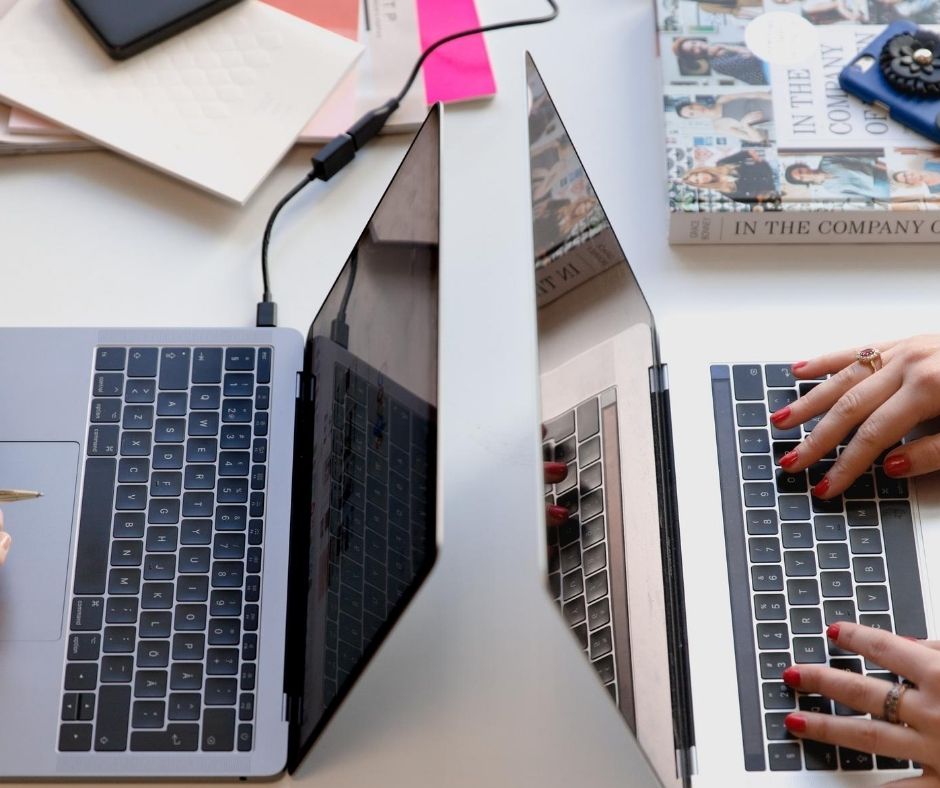
As women, we can feel enormous pressure to have it all, do it all, and be everything to everyone. We are almost always busy. I’m not telling you anything you don’t already know, right?
In fact, as we get so used to being on the go all the time, some of us can actually become addicted to being busy. And it can have huge repercussions for our physical, mental, and emotional well-being.
Addiction
When you push your body to its limits, it releases adrenaline, along with the stress hormone cortisol. This adrenaline rush can become addictive over time, and we can unwittingly form a habit of overstimulating ourselves to chase the physical feeling we get from a stress response. It’s often not until this builds up to unmanageable levels that we notice it.
The Busyness Trap
Since young adulthood (and maybe even earlier for some of us) we have been expected to work hard and play hard. We sit countless exams in our youth, spend our twenties in high-pressure entry-level jobs, often working long hours to get established, then dedicate our thirties to raising children.
It’s not surprising we feel like we have to go through life at 100mph; it’s usually all we’ve ever known!
What Happens If We Stop?
This is a great question to ask yourself. Seriously, what will happen if you stop? Have you ever tried? Of course, there are some things we can’t just stop doing. As much as we might want to, we can’t opt out of going to work, doing the food shopping, the school run, or all the other necessary jobs that come as part of being an adult. But if you really think about how you spend your time, I promise you that you’ll find things you are doing out of habit, obligation, or guilt.
If you don’t have any time in your week to relax, you’re neglecting your own need for rest and downtime. What would you say to a friend who came to you for advice if they were feeling overwhelmed and stressed at the amount they had going on in their life? I can’t imagine you’d say, “Suck it up and keep going”. You’d probably encourage them to think about the areas of their life they could change and support them in scaling back to a more manageable pace.
Approach your own situation with the same consideration and love that you’d give to a friend. Give yourself permission to scale back too.
What Happens If We Don’t Stop?
We have a strong innate sense of self-preservation, even on a subconscious level. If you ignore the warning signs of overwhelm and stress and continue to feed your addiction to being busy, you can be sure that at some point, your body will fight back.
This may be in the form of burnout, a breakdown, or illness; but if your body needs you to stop, it’ll find a way. You can retain much more control over your life and health by addressing your lifestyle before you get to breaking point.
How Do We Learn to Slow Down?
Carving out some quiet time is your first priority. Even if that’s just ten minutes a day to start with, it’ll make a big difference. Take this time to start tuning in to your body and mind. Meditation is a really effective and easy way to learn how to do this. Popular apps, like Headspace and Calm, have an extensive range of guided meditations for beginners. You might find it hard to meditate when your mind is buzzing at top speed, but that’s ok – most people feel the same. The more you practice, the easier it’ll get.
If meditation really isn’t your thing, you can find other ways to create some space for yourself. Journaling can be very therapeutic, as can painting, drawing or any other creative outlet.
If you can get outside into the fresh air, even better. Studies have shown that spending just ten minutes a day in nature can reduce stress. If you combine that with exercise like walking or running, you’ll see greater benefits as you get a rush of endorphins as well as the chance to unwind.
Once you commit to taking some downtime every day, you’ll find that you naturally start to reconnect with yourself. Thoughts and feelings may come up, and if you allow yourself the space to listen to them, they will help you get clarity on the parts of your life you might want to focus on or change.
Cutting back in some areas of life might seem impossible at first, but if you start small and allow yourself the time to refocus, you’ll create a more enjoyable life and avoid burnout along the way. It’s time to break your addiction to being busy.
Bio
Melissa is a freelance writer and founder of The Chronic Wellness Project, a positive online community for ambitious women with chronic illness.
After developing a chronic illness, Melissa left a demanding career as a trained nurse, rediscovered her love for writing, and set up a business as a content and copywriter. She now shares all she’s learned on her wellness journey to support other women in building a life they love despite having a chronic illness. You can find her at www.chronicwellnessproject.com.









Excellent post! I remember a quote by a successful billionaire who said “if somebody tells you that that they are working 90 hours/week then either they are lying or not doing their job properly”
I have come to realize and agree with this quote completely. If you plan your day and do your work in a focussed and holistic manner, you can easily achieve your work goals with 8 hours workday, leaving enough time to spend with family and even yourself.
John Gatesby recently posted…Do I Have Mast Cell Activation Syndrome (MCAS)?